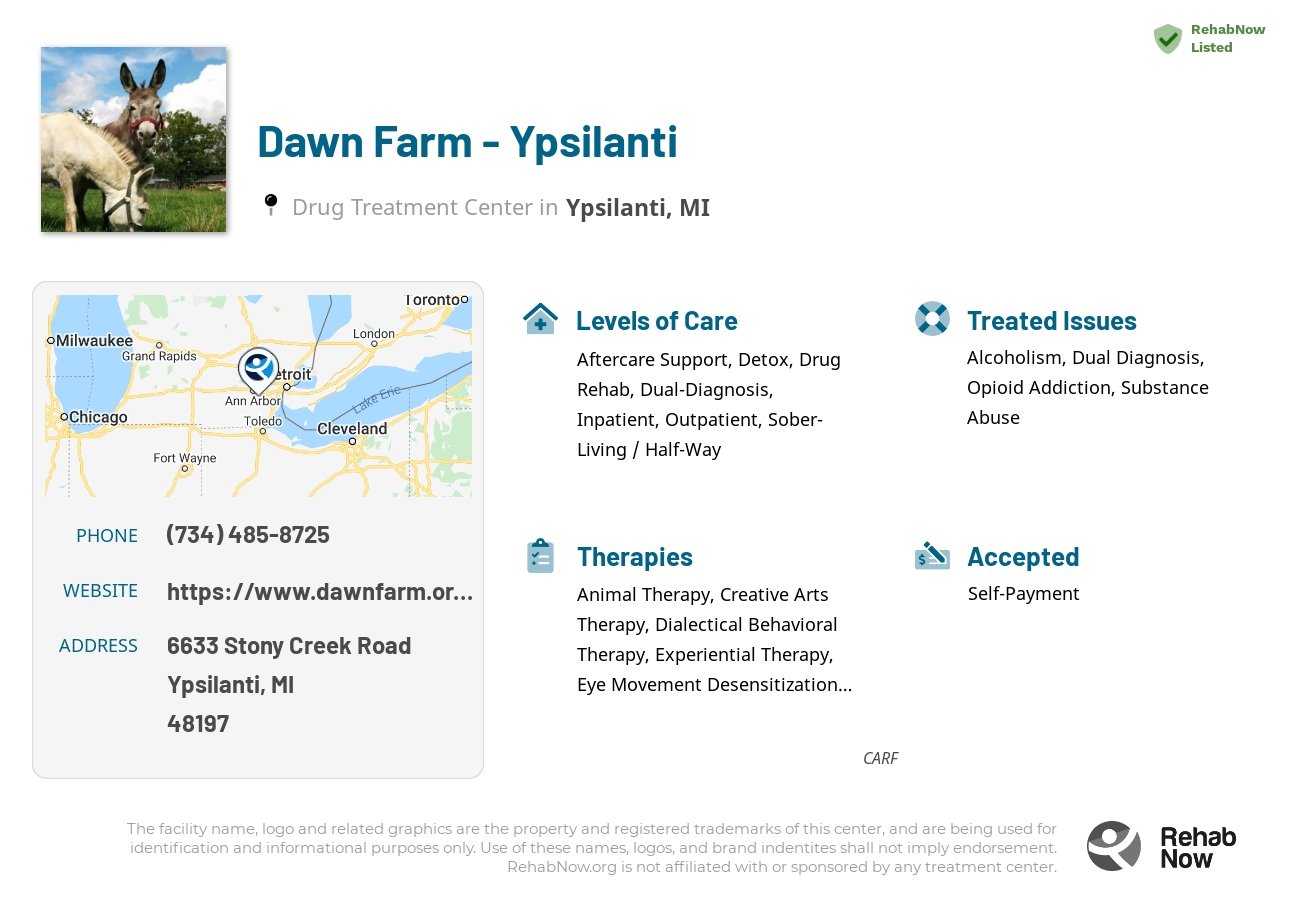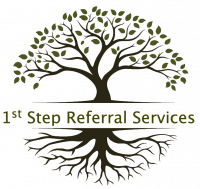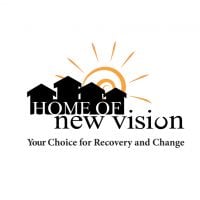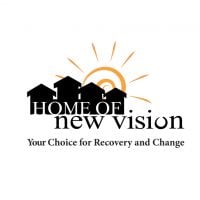Dawn Farm - Ypsilanti
Drug Rehab Center in Ypsilanti, Michigan
Dawn Farm - Ypsilanti is a non-profit organization that provides addiction treatment services and support tailored to individual needs and goals using evidence-based practices and unique services to help clients achieve long-term sobriety.
About Dawn Farm - Ypsilanti in Michigan
Dawn Farm in Ypsilanti, Michigan, stands out as an addiction treatment facility, focusing on the power of community in recovery. With 36 beds, it caters to individuals battling drug and alcohol addiction, emphasizing a holistic approach to recovery. Accredited by CARF, SAMHSA, and holding a state license, Dawn Farm is recognized for its comprehensive treatments and community-driven support.
This facility is not only acknowledged for its accreditations but also for its unique model of care, which integrates various services and levels of treatment. Personalized treatment plans are a cornerstone of their approach, ensuring that each client's journey towards sobriety is fully supported.
- Community-focused recovery is central, highlighting the importance of a supportive environment.
- Offers a wide range of services from detox to sober living, accommodating different stages of recovery.
- Tailored treatment plans prioritize individual needs, ensuring a personal path to sobriety.
Dawn Farm addresses several issues including alcohol and drug abuse, dual diagnosis, and opioid addiction, utilizing a blend of evidence-based practices. Their commitment extends to providing detox, inpatient, outpatient, and sober living options, catering to the diverse needs of their clients for a sustained recovery.
Genders
Ages
Modality
Additional
Accreditations
State License
SAMHSA

CARF
The Commission on Accreditation of Rehabilitation Facilities (CARF) is a non-profit organization that specifically accredits rehab organizations. Founded in 1966, CARF's, mission is to help service providers like rehab facilities maintain high standards of care.
Conditions and Issues Treated
Many people need to recover from substance abuse to live a healthy life. In the end, if you can get through all the steps: detoxifying your body, rehabilitation after some time or when needed (depending on the type), and recovery while also receiving therapy support throughout the process, it can be worth it.
A detoxification center is a common place to start the recovery process from substance abuse. With your body and mind restored, you can continue to heal without the lingering effects of drugs.
Many people who struggle with opioid addiction need to attend specific programs like methadone , Suboxone or Vivitrol clinics.
These types of programs will provide the patient with legal, prescription medications that can help them overcome their cravings for illegal opioids like heroin or fentanyl . If the patient has a chronic condition like Hepatitis C, they must undergo treatment before they can begin taking these medications.
Dual Diagnosis is a specific relationship between two or more disorders that have the same symptoms and can sometimes be treated together. This is used in the treatment planning process when dealing with drug addicts. Dual diagnosis can be viewed as a chronic medical condition that has comorbid psychiatric disorders.
Although addiction and a mental illness may have separate symptoms that are not easy to detect, they often go hand in hand. Many times, drug abuse is a direct result of the mental illness. In other words, treating the addiction will not resolve all of your issues. Unless you also treat the underlying mental illness, you will not be successful in achieving sobriety.
Levels of Care Offered
This center offers a variety of custom treatment tailored to individual recovery. Currently available are Aftercare Support, Detox, Drug Rehab, Dual-Diagnosis, Inpatient, Outpatient, Residential, Sober-Living / Half-Way, with additional therapies available as listed below.
Detox refers to the progressive elimination from the body of toxins. The detox period depends on the form of addiction, the length of drug abuse, and the state of health. Under the supervision of medical practitioners, MAT detox based in Ypsilanti, MI requires the use of medications.
Inpatient treatment is an intensive program that takes place when a patient checks into a rehabilitation facility. The treatment includes detoxification and counseling sessions, which are round the clock. Outpatient treatments are also available, but inpatient care is advised as the first step of rehabilitation.
Intensive rehab ensures the patient stays in a substance-free atmosphere, improving treatment success rates. The patient participates in group therapy for motivation from other patients who have overcome addiction. Family members are also involved in providing emotional support throughout the program.
An outpatient treatment program is set up to help with alcohol or drug addiction, or a co-occurring disorder. The patient must attend the Michigan facility for their therapy and other programs but are able to return home each night. The frequency of mandatory attendance decreases after much of Dawn Farm - Ypsilanti‘s program is complete.
Sober Living Homes are an option for those who have completed a treatment program within the past several months. However, it isn’t advisable to use this as a permanent living arrangement because it can lead to a relapse .
The goal of a sober living home is to provide a supportive environment for recovering addicts so they don’t need to return to their previous lifestyles. The homes will not accept residents who are still using drugs or alcohol, and those living in the house must follow a set of rules dictating how they should behave to avoid relapsing.
Residential treatment programs are those that offer housing and meals in addition to substance abuse treatment. Rehab facilities that offer residential treatment allow patients to focus solely on recovery, in an environment totally separate from their lives. Some rehab centers specialize in short-term residential treatment (a few days to a week or two), while others solely provide treatment on a long-term basis (several weeks to months). Some offer both, and tailor treatment to the patient’s individual requirements.
Aftercare is a term that’s used to refer to any sort of continuing care offered for a drug addict who has voluntarily entered a rehabilitation program. This type of care can be provided in several settings, including outpatient therapy sessions after the addict has completed an inpatient program. There are also 12-step support groups, such as Alcoholics Anonymous, which can provide additional help for addicts trying to stay sober.
Therapies & Programs
Individual Therapy is a critical component of addiction recovery. Therapists work with patients to identify the root of their addiction and figure out how to better handle the issues that led to them using drugs. Individual Therapy is the one-on-one session where people meet with their therapist. Individual therapy provides a safe space for people to open up and discuss personal and sensitive topics which they may not feel comfortable discussing in a group setting.
Family therapy will also help families realize that the addiction is not their fault. For many years, people blamed themselves for an addict’s behavior and felt that they had done something wrong. This is not the case. Addiction is a disease, and it can strike anyone, even if their life seems fine from the outside. It can bring a lot of shame to a family when they have an addict in their midst, but if everyone is open and honest with each other, then they can help everyone stay in recovery.
Group Therapy is utilized by drug treatment centers like Dawn Farm - Ypsilanti to provide the recovering drug addict with a platform to talk about their feelings and experiences. It also provides for an opportunity to learn from other addicts who have successfully overcome their addiction.
Group Therapy is employed in lectures, seminars, or discussion groups (the latter two are typically conducted as “therapy groups”). It is recommended that all group members be recovering addicts for this type of therapy to work (though it does not exclude others with lived experience).
Trauma therapy is a clinical process that helps individuals deal with mental stress often caused by traumatic events. It is generally done for children, teenage victims of sexual assault, and war veterans. The therapist helps the person identify, understand and work through the problem. This is done with the help of talking about it in group or one-on-one counseling sessions. Therapists use relaxation, role-playing, art, and music to help the person open up about what is bothering them.
Dialectical Behavior Therapy (DBT) is used by drug treatment centers across the United States to help drug addicts become sober. DBT combines traditional behavioral treatments with elements from DBT, including dialectics, distress tolerance, and interlocking issues. It is commonly used to treat Borderline Personality Disorder (BPD) along with substance abuse disorders. The four DBT modules are mindfulness, interpersonal effectiveness, emotion regulation, and distress tolerance.
Cognitive behavioral therapy is also a popular service for individuals living with addiction. This type of supportive treatment uses both one-on-one counseling and group sessions to teach addicts how to identify thoughts, behaviors and emotions that might increase their risk of relapse.
These professionals can help addicts develop coping skills for managing stress, improving self-esteem and overcoming triggers. They might also use behavioral therapy to help addicts learn how to avoid cravings and warning signs that could lead them back into addiction.
Therapy can be used as a step-down from inpatient treatment or as the primary method of overcoming an addiction. No matter which option is best for the addict, they will teach important emotional coping techniques, which can make it easier for addicts to get through the tough days.
Eye Movement Desensitization and Reprocessing (EMDR) is a treatment that helps people recovering from drug abuse. EMDR has been proven to be more effective than traditional treatments for treating patients with addiction; it tackles the root of the problem. The rapid eye movements during EMDR sessions reduce the patient’s negative feelings related to past trauma, promoting calmness and relaxation. This, in turn, reduces the chances of relapse at a later stage.
Training in improved life skills helps those recovering from addiction feel more capable of self-care. Dawn Farm - Ypsilanti are daily skills that give the person the tools they need to survive.
The therapy covers practical activities like cooking, job hunting, social interaction, and money management, helping to fill in the knowledge gaps caused by addiction.
These life skills help the person self-manage their recovery and stay on track. It also reduces relapse risk as they gain confidence in their day-to-day abilities.
Patient Experience
Creative Arts
This type of therapy can help addicts manage anxiety, stress, and other negative feelings. It typically involves the use of art materials to express thoughts and emotions that might otherwise be difficult for an addict to discuss with another person.
During these types of sessions at Dawn Farm - Ypsilanti, addicts will typically work with a therapist or support group leader to create pieces of art. For instance, they might draw pictures, paint, sculpt, and so on. During the process, addicts are encouraged to talk about what led them to substance abuse in the first place.
Experiential Therapy at Dawn Farm - Ypsilanti
Experiential therapy is another form of treatment that helps addicts overcome their addiction. This type of service typically involves hands-on activities with the focus on physical experiences instead of emotions or beliefs.
Some examples include art therapy, equine therapy and music therapy. Each of these forms of experiential therapy can provide unique ways for addicts to channel their feelings and work through their demons. This type of therapy also allows addicts to develop meaningful emotional connections with others, which can prevent them from resorting to relapse as a coping mechanism.
Payment Options Accepted
For specific insurance or payment methods please contact us.
Dawn Farm Associated Centers
Discover treatment facilities under the same provider.
- Dawn Farm - Spera Recovery Center in Ann Arbor, MI
- Dawn Farm - Spera in Ann Arbor, MI
- Dawn Farm - Downtown in Ann Arbor, MI
- Dawn Farm - Ann Arbor in Ann Arbor, MI
- Dawn Farm - Ypsilanti in Ypsilanti, MI
Learn More About Dawn Farm Centers
Additional Details
Specifics, location, and helpful extra information.
Ypsilanti, Michigan 48197 Phone Number(734) 485-8725 Meta DetailsUpdated April 15, 2024
Staff Verified
Dawn Farm - Ypsilanti Patient Reviews
There are no reviews yet. Be the first one to write one.
Ypsilanti, Michigan Addiction Information
Michigan has the second-highest rate of drug and alcohol abuse in the nation. Heroin is linked to more than 50% of the state's hepatitis C cases. Marijuana is the drug most often associated with crimes in Michigan, followed by methamphetamines. Opioids alone are responsible for almost 20% of all drug overdose deaths in Michigan.
About 9,000 people in Ypsilanti, Michigan struggle with drug or alcohol addiction. 10 percent of high school seniors reported using prescription painkillers recreationally in the past year. From 2003 to 2013, the number of people admitted to treatment for heroin addiction increased by 544% in the city. There are many different types of drug treatment available in Ypsilanti, Michigan. Some popular options include residential treatment, outpatient treatment, and 12-step programs.
Treatment in Nearby Cities
- Dearborn Heights, MI (21.0 mi.)
- Saint Ignace, MI (260.6 mi.)
- Fraser, MI (42.4 mi.)
- Harper Woods, MI (39.9 mi.)
- Lincoln, MI (172.8 mi.)
Centers near Dawn Farm - Ypsilanti
The facility name, logo and brand are the property and registered trademarks of Dawn Farm - Ypsilanti, and are being used for identification and informational purposes only. Use of these names, logos and brands shall not imply endorsement. RehabNow.org is not affiliated with or sponsored by Dawn Farm - Ypsilanti.













